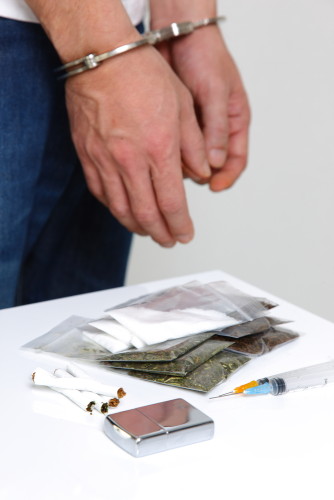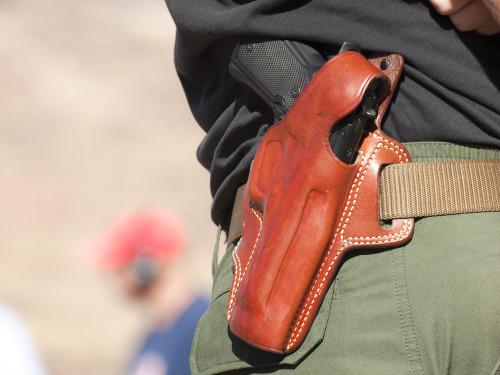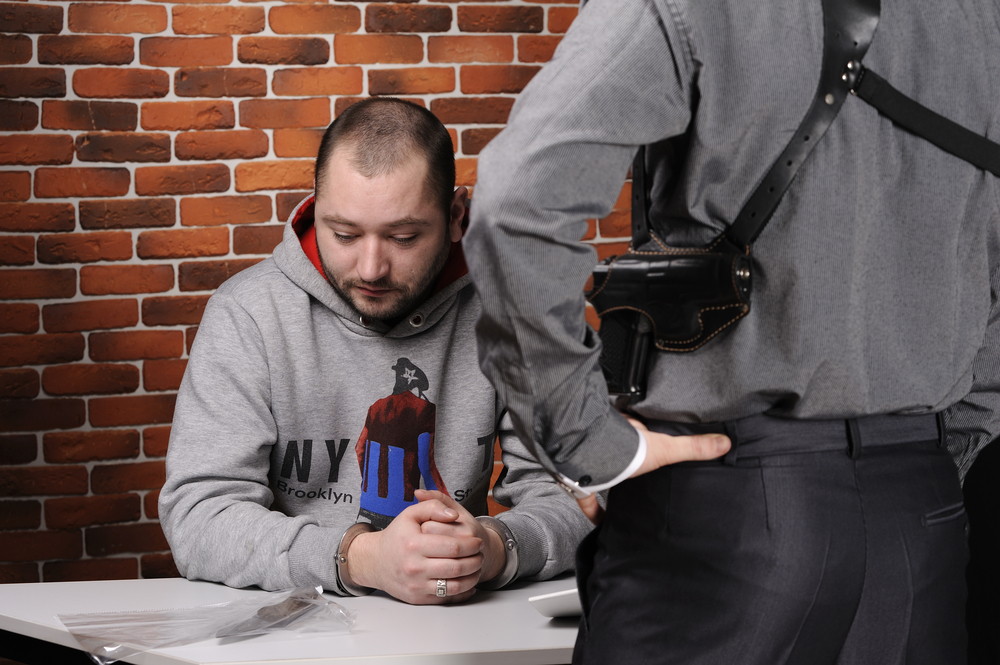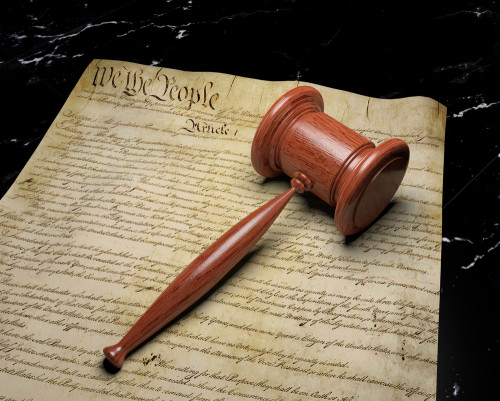Category: New Jersey Criminal Defense Blog
Choosing a lawyer to represent you when you have been charged with a crime will be one of the most important decisions you will make. You may ask yourself, how do I decide? You need to make sure that the lawyer you choose has the experience you need….
Many instances of drug possession and other drug crimes in New Jersey are a direct result of people becoming addicted to drugs. These people are not necessarily a “bad,” nor are they seeking a life of crime to become rich. Instead, as they became hooked on drugs, they…
We’ve all heard the line in TV shows and movies that begins “You have the right to remain silent. Anything you say can and will be used against you.” If we’ve actually heard these words being read to us in the course of being arrested, it’s often best…
In many traffic stops, the police will ask motorists if they can search the car, open the trunk, or to take other actions to see what is in the car. Often, they will ask innocuous questions like “you don’t have a gun in there, do you?” When the driver…
Throughout the years, the New Jersey Legislature has shown very little tolerance for those charged with possessing a firearm or other weapons while in the course of committing certain drug offenses. Any person who has in his possession any firearm while in the course of committing, attempting to…
To answer this question, you first have to narrow your definition of “weapon.” There are laws regarding carrying a concealed handgun, which require carriers to have licenses for such a weapon, but it is not always legal to carry any weapon of your choice. Also, your location can…
Let’s say that your case is headed to trial. As your New Jersey criminal defense attorney, you and I have been in constant communication about what the best course of action is. We have considered your defense. We have examined all of the facts of your case. We…
Many crimes come with tough sentences for those convicted. In these situations, the defendant may want to work with the prosecutor to lessen the punishment for his or her charges. However, this can be a difficult process without the help of an experienced attorney who can help negotiate…
According to a study produced by the Innocence Project, a multinational legal non-profit group, up to one quarter of all people falsely convicted and eventually exonerated of a crime had originally confessed to committing the crime. False confessions are clearly more common than many people think, and they…
The 4th Amendment of the US Constitution protects citizens from unreasonable searches and seizures of property that may incriminate a person. Police must first go through the courts to obtain a warrant before they can rifle through a person’s private property for evidence in a criminal case. If…








